The time for authentic visual representation of Black people is now
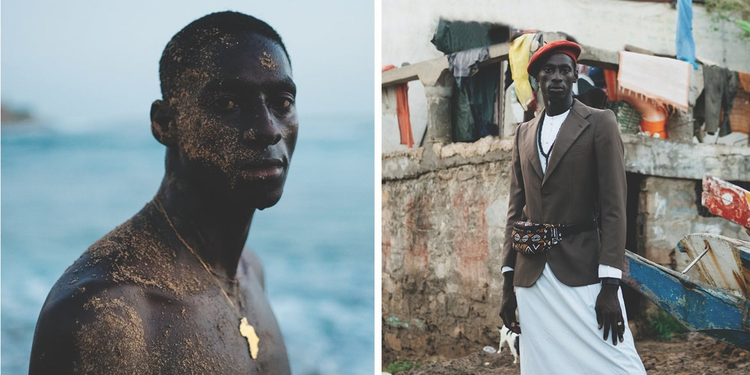
Image source: (left) Adobe Stock/PICHA, (right) Adobe Stock/PICHA.
Josiane Faubert is the founder and CEO of PICHA, a stock agency that focuses on work by and about people from Afrocentric communities. PICHA has partnered with Adobe since 2017. This is her story.
I started PICHA out of frustration and with a clear mission of curating images that reflected positive experiences within the communities we serve, backed up by a community of creatives sharing the same vision. There were too many negative images of Africans, of Black people, and there is a big need for authentic representation on the continent. Another frustration was the realization that the few great images of Africans had been made by foreigners, depriving the continent once again of the benefit of its own resources.
I have experienced first-hand the power of a ‘dominant culture,’ the power of negative visual representation in movies, the news, and music. I was born and raised in Gabon, moved to France as a teenager, and then moved to the U.S. as a young adult. My parents had never traveled to the U.S., and their perceptions and views of America were through the lens of the media. As I ventured myself into the unknown, my parents’ last bits of advice were, “don’t touch any drug; be careful; they have guns there, they kill each other.”
After living in a hotel for a month, I called my parents to inform them I had found an apartment in Brooklyn. My mother almost had a heart attack. Brooklyn back then was way too synonymous with violence. Yes, there was violence in Brooklyn, but also a lot more life, but she did not know that.
Fortunately for both my parents, they got to discover America and learned to appreciate it as a country full of extremes.
My own experiences in the world made me realize that Afrocentric communities share so many things in common. The diversity of the African diaspora is hard to ignore, and some of our artists were also part of this diaspora. It became natural to extend our mission to all Afrocentric communities as well.
The last unfortunate events leading to the death of George Floyd have re-ignited in me the full weight of PICHA’s mission. We are here to change the narrative, break stereotypes. It really goes beyond creating beautiful content. I understand that we all have biases, but when these biases are taking people to the grave, it has to stop. We all know very well the power of an image.

Image source: Adobe Stock / PICHA.
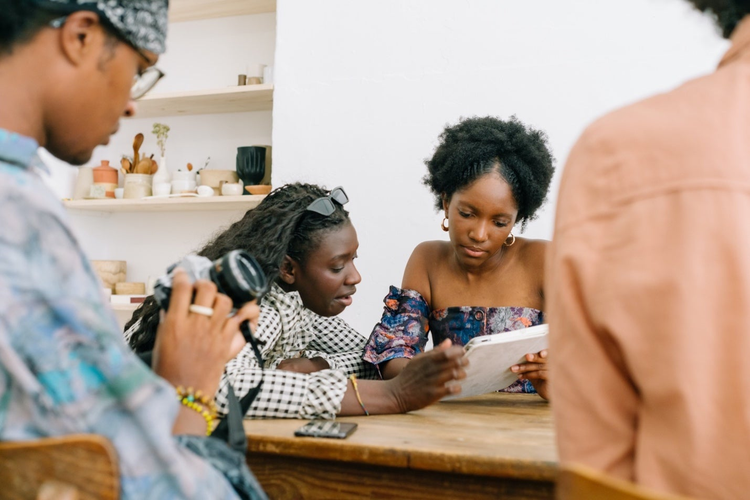
Image source: Adobe Stock / PICHA.
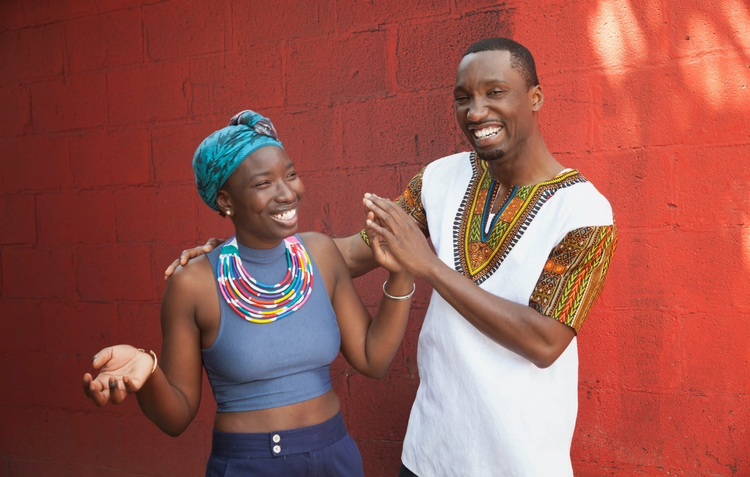
Image source: Adobe Stock / PICHA.
As content providers, we are responsible for making sure image buyers have access to a broad range of images all the time, not only when there is a crisis. We need to go beyond providing visuals, we need to allow for discussions on diversity issues and representations issues all the time, not just in moments of crisis. We need to be storytellers.
In this series, for example, our contributor Tamara from Nigeria created a playful series of self-portraits. The contrast and movement can tell so many stories - about women’s rights, racial justice, self-expression, or just about having fun.

Image source: (left) Adobe Stock / PICHA, (middle) Adobe Stock / PICHA, (right) Adobe Stock / PICHA.
Another set that is meaningful to me is a series I made in Australia. This is a great reminder of how big the African diaspora is. The model moved to Australia as a child, graduated from University, and was working in marketing when I met her there.
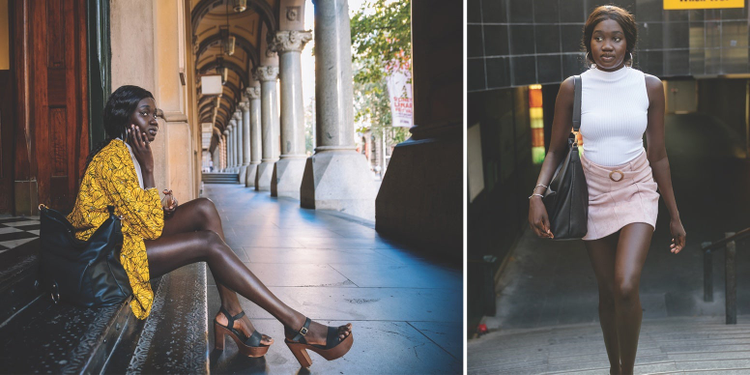
Image source: (left) Adobe Stock / PICHA, (right)Adobe Stock / PICHA.
It is heartbreaking to see all the existing biases against Black people. We all know very well that for a message to stick, repetition is key. Visuals of Black people, Black communities, and Afrocentric communities need to be shown, need to be seen, to make a real impact on our society. The content is here. It is the responsibility of brands and companies to exercise their power, by making sure they use these diverse visuals in their marketing and advertising materials.
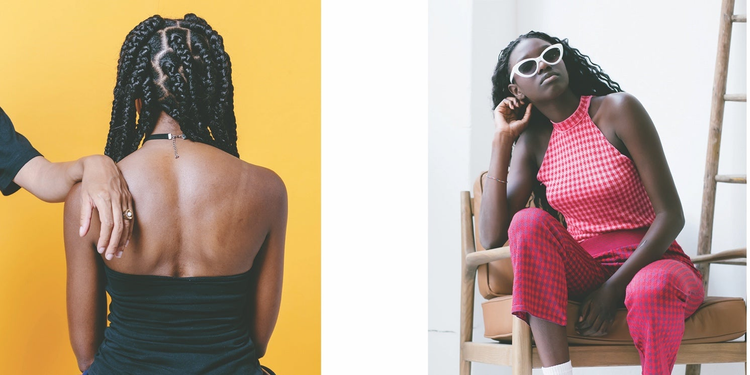
Image source: (left) Adobe Stock / PICHA, (middle) Adobe Stock / PICHA.
From day one, my commitment was to have a collection that would help change people’s perception. Positive images of Black people will help break stereotypes and biases. Unfortunately, today, perceptions, unconscious bias, racism determine whether a Black person lives or dies.
Let’s not accept this.
What are we waiting for?